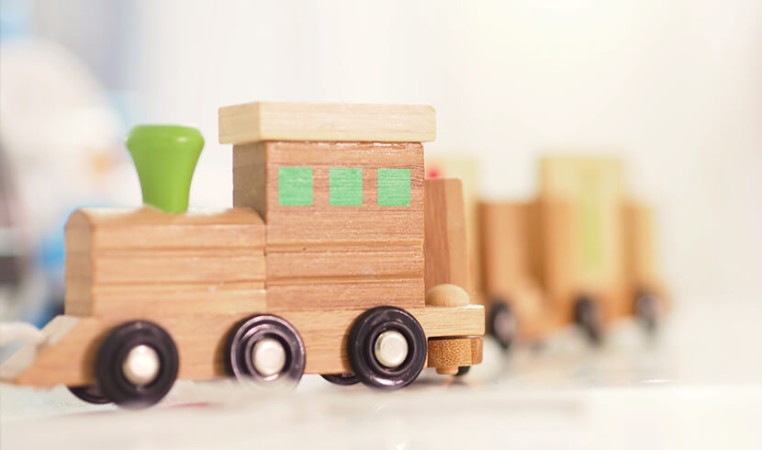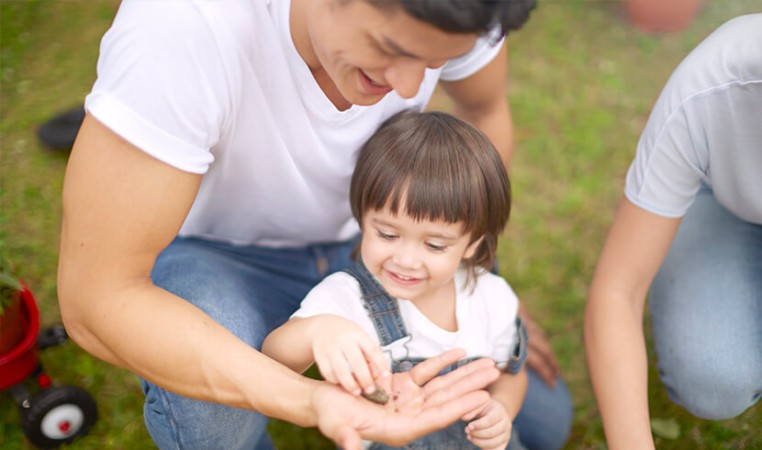
5 activities develop your baby's life skills birth

1. Take time-outs
Teach your baby how to handle their emotions and bring themselves under control. This is the first step towards learning focus and self-control, which will help your child achieve their goals, in a world filled with distractions.
When your baby is upset, notice what helps them calm down. Whether it’s carrying them to a quiet place or giving them their favourite toy, follow your child’s cues and use it to teach them how to get their emotions under control.
These experiences will allow them to take the lead in managing themselves even from infancy, and help them learn to understand their own emotions.

2. Introduce new objects
An inquiring mind and a willingness to question the status quo will stand your child in good stead as they get older.
Every now and then, sit with your baby and introduce new objects and experiences to them. Hold an object up for your baby to see and tell them what it is. Talk to them about the object and watch their expressions as they see these items for the first time.
Your baby is naturally curious, so you need to foster their fascination with all things new, because they will always learn more with new experiences.

3. Talk about feelings
Empathy doesn’t come easily to toddlers because they are the centre of their world. But if you keep explaining and modelling emphathetic behavior, they’ll eventually understand. Start prepping the way by talking to your baby about emotions as and when the subject comes up. Tell your baby that John is upset because Tony took his toy and ask, “How can we help John feel better?” Your baby might not be able to answer you yet, but addressing situations and experiences like this, you’re teaching them other people have feelings and that those feelings are important too; laying the foundation for an empathetic child.

4. Pay attention to the present
Babies are always in the moment, but as they grow older, they start worrying about tomorrow and rethinking yesterday; losing the ability to appreciate and experience what’s happening right now. Teach your baby to hold on to this skill by talking to them about the things around them.
When you’re with your baby, spend time talking about what’s going on, even if you’re just changing their diaper. Draw their attention to what you’re doing and how it feels. Prompt them to notice birds or flowers or your new curtains. Not only does this focus them on what’s happening, you’re also starting to teach them words that they can one day use to describe things themselves.

5. Assign self-care tasks
Allowing your baby to do simple tasks for themselves gives them a sense of control over their lives and encourages them to be independent. Knowing that you trust them increases their self-esteem and makes them feel capable. Having this experience in them will, in turn, give them the confidence to grow, explore and learn.
From the time your baby starts crawling, they can do simple tasks such as put their bib in the laundry basket, clean their face and hands with a wash cloth, put their shoes away, feed themselves a snack and play on their own for 10–30 minutes.
